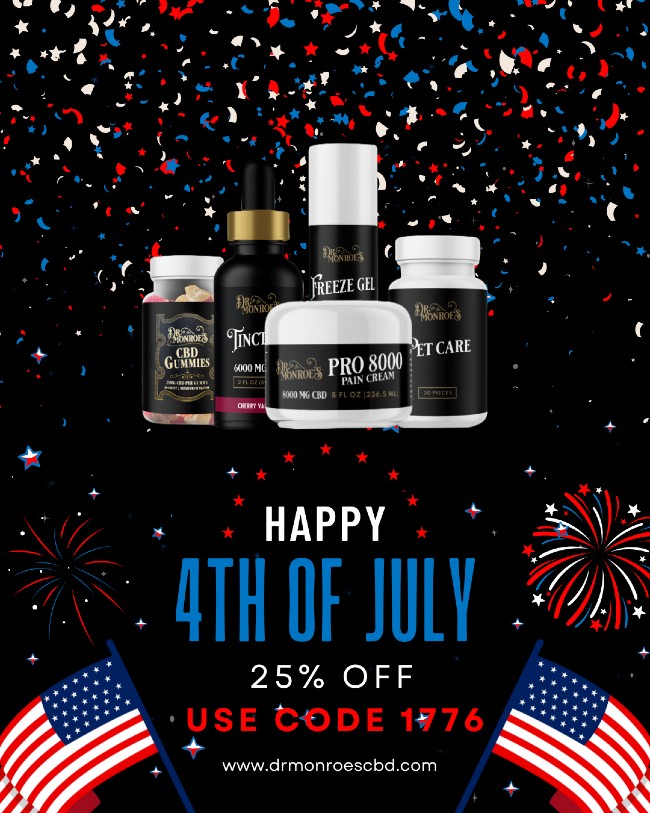June 23, 2022
“The FDA has just issued a Marketing Denial Order that prevents any commercial sale of Juul’s vape devices or 4 of its vaping pods due to toxicological concerns based on what the agency said was insufficient and conflicting data from the company about potentially harmful chemicals that could leach out of Juul’s e-liquid pods. There was not an imminent health threat to consumers, the F.D.A. said, but it did not have enough evidence to assess the potential risks.“

I am not a fan of vaping, as those who know me well know. So I thought this an opportune time to break into the flow our CBD discussion to explain why.
The FDA seems most concerned about nicotine and potential cancer-causing chemicals that may leach into the vapor. And although I thought vaping was an improvement over inhaling smoke from a cancer point of view, ( and in that sense, vaping was and is a step forward ) my concern was more for the heavy metals which Juul’s and vape products in general are not able to filter out.
This, in my opinion, is every bit as dangerous to your long-term health and why I always advise against vaping, at least until the industry solves this problem. Obviously, people can do what they want, but vaping is not the safe and innocent product they want to pretend it is. And if you want to partake, at least be aware of the potential down-side.
Starting with a Johns Hopkins study in 2017, university after university has found significant amounts of heavy metals in all vape pens, cartridges, cartridge oils, and vapor tested. It seems to be feature it. You electronically heat a metal to vaporize the vape pen oil that contains the desired ingredient. You boil off the vapor and with it you may release atoms from that metal, release nanoshards of that metal flaked off from repeated heating and cooling, or release metal atoms contaminating the carrier liquid, whether part of the carrier itself or leached from the pod. These studies have proven this happens.
So, what’s the big deal ?
Plenty. We face heavy metals every day in our environments. We evolved with them. We’ve cooked with them for millennia, first copper, then tin, cast iron, then steel, now aluminum. We store food in cans made of them, we take our temperatures with them, we pipe water around in them, we travel around in them. And they don’t cause any problem. Usually.

We don’t follow busses around to deeply breathe in their exhaust. (I actually hold my breath till I’m out of the cloud.) We don’t eat lead paint chips anymore, we don’t play around with the mercury that spills out of a broken thermometer anymore (though it did make quarters shine really, really nice, and it was fun to roll the little balls around, smash them to see them make more little balls of mercury ), we don’t even use Marlboro Red ink anymore, delightful though it was, ( it was the lead that made it so red ). Because we know, even a little bit can be dangerous.
We recognize and accept the danger of second-hand smoke. But what about second hand vapor ? Is it really as innocent as the tobacco companies say ? Seems they maybe stretched the truth before, as I recall. So do we really want to trust them now ?
It’s one thing to handle metals as a metal. Get cut by them, stuck by them, burned by them. It’s another thing to breathe them in as atoms or nanoparticles. They’ll just stick in our lungs where they’ll disrupt our lung cell’s machinery, or they’ll become encapsulated and just stay there. Building up over time. Maybe becoming the nucleus of some scar tissue. Not a good thing anywhere in our body, but especially bad in our lungs.
If we knew that an exhaust cloud just ahead was pure heavy metal vapor, we wouldn’t walk into it and breathe deeply. We’d hold our breath and walk quickly in the opposite direction. We don’t build houses or live on toxic landfills. We stay far, far away. As far as we can afford. We say ‘Not in my backyard’.
So why don’t we say, ‘Not in my lungs’ ? They’ve got enough to do just taking care of all the other crap in our air.

